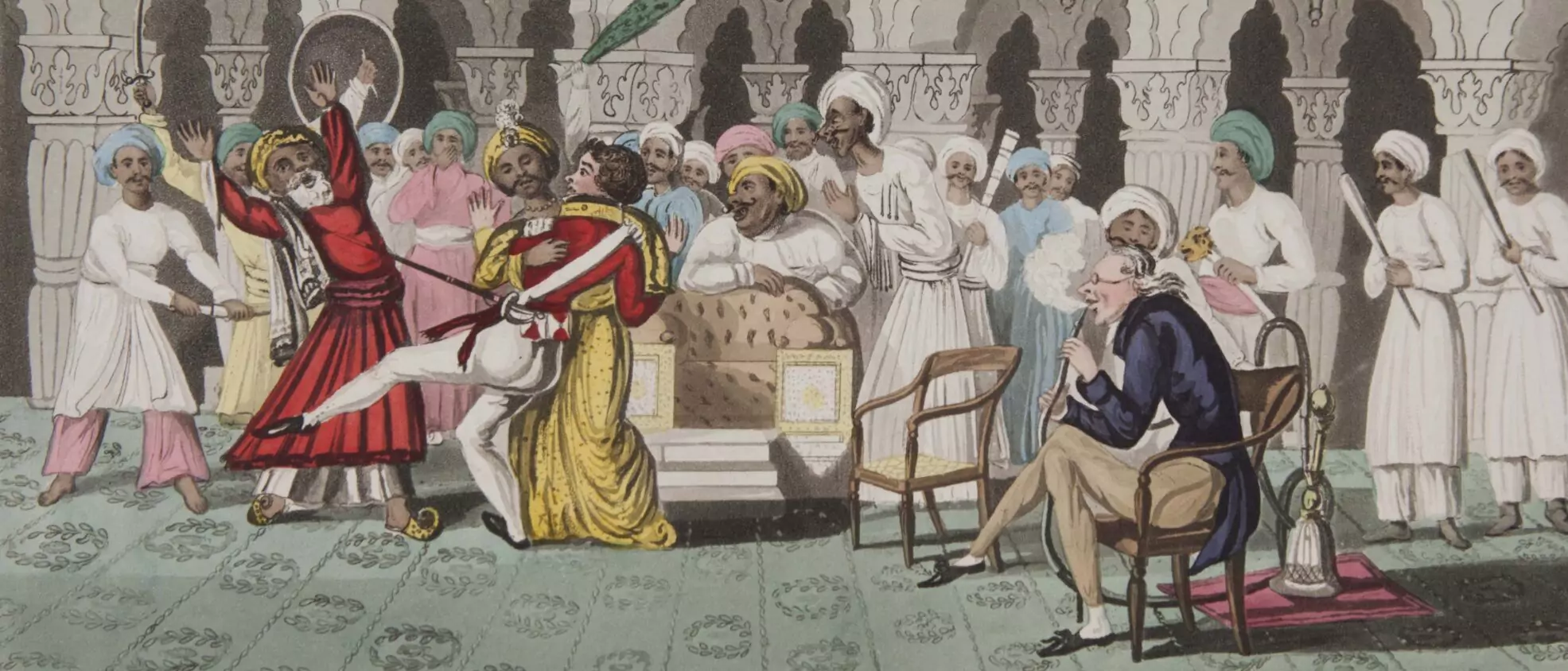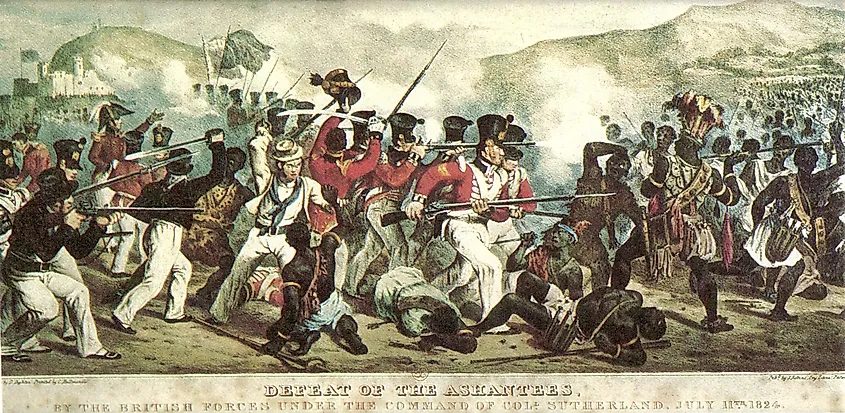British Colonial Exploitation
According to Oxfam's research , the British Empire extracted approximately $64.82 trillion (in today’s value) from India between 1765 and 1900 . Out of this, around $33.8 trillion (more than half) went to the richest 10% of the British population.
Economic Impact on India
- India's share in the world's industrial output drastically fell from 25% in 1750 to merely 2% by 1900 due to British colonial exploitation .
- This period marked India's economic decline while boosting the material success of Britain.

Beneficiaries in Britain
- Apart from the wealthiest elites, even Britain's middle class benefited from the plunder, receiving about one-third of the wealth extracted from India.
- Many of Britain’s rich families trace their wealth back to slavery and colonialism .
- Although the Industrial Revolution played a key role in Britain's economic growth , India’s resources were heavily exploited to fuel this growth.
- However, Britain often uses the industrial age as a pretext to downplay colonial exploitation .












